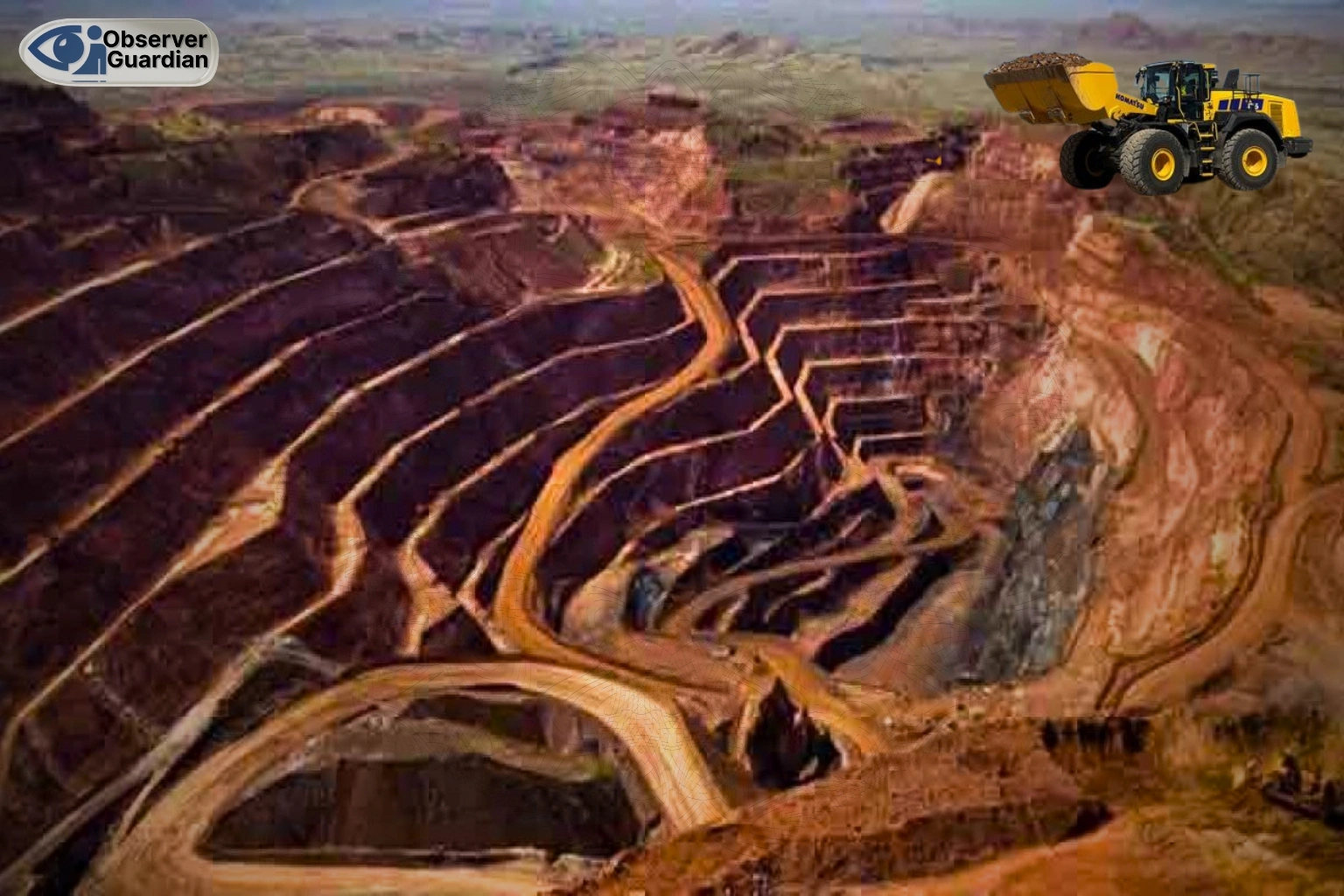Japan seems to be warming up to the idea of putting money into Pakistan’s Reko Diq copper and gold project, and that’s a big deal. For years, most of the outside interest in Reko Diq has come from Barrick Gold and, more recently, Gulf investors like Saudi Arabia. Now, with Japanese policy banks and maybe even some commercial lenders sniffing around, the project could be opening up to a whole new layer of financing and partnerships.
Reko Diq itself is no small mine. Barrick has said it will run for close to four decades, with a huge processing capacity once both phases are online. Think of it as one of the last truly giant untapped copper deposits in the world, the sort of thing countries like Japan, short on natural resources, keep an eye on. If things go as planned, the mine could start producing around 2028 and then churn out copper and gold concentrate for decades after.
Why does Japan care? A lot of it comes down to resource security. Copper is in everything from power grids to electric cars, and the global shift to cleaner energy has driven demand way up. Japan’s economy relies heavily on stable imports, so getting a foothold in a project like Reko Diq makes sense. Institutions like JBIC (Japan Bank for International Cooperation) are built for this kind of long-term bet, often stepping in alongside other big lenders like the IFC or Asian Development Bank. Reports already mention IFC and ADB putting together financing packages, so it looks like a syndicate is forming, and Japan doesn’t want to be left out.
For Pakistan, Japanese interest couldn’t come at a better time. The government is juggling talks with Saudi Arabia’s Manara Minerals, which is eyeing a sizeable stake, and lining up money from multilaterals. Adding Japan into the mix not only brings more cash but also more credibility. Tokyo has a track record of financing big resource projects in tricky environments. If Pakistan can pull off a mix of Gulf, Western, and Asian investors, it spreads the risk and gives the project stronger foundations.
Of course, there are challenges. Reko Diq sits in Balochistan, a province with a long history of unrest and a population that has often felt left out of the benefits of major projects. Barrick and the Pakistani government will have to prove that this mine will not just ship out resources but also invest back into local communities, jobs, and infrastructure. Japan is usually pretty sensitive about those issues too, so its involvement could push higher standards on things like environmental safeguards and community engagement.
If Japan really does step in through JBIC loans, commercial bank tranches, or even offtake deals, it would mark a shift in how Tokyo engages with Pakistan. Up to now, Japanese economic ties have mostly been about cars, consumer goods, and development aid. Reko Diq would put Japan in the middle of Pakistan’s mining sector, a space with strategic weight far beyond simple trade.
It is still early days, but the fact that Japan is even at the table says a lot about how valuable Reko Diq is becoming on the world stage. Copper is the new oil, some say, and this mine is shaping up to be one of the main battlegrounds where countries line up to secure their share.







